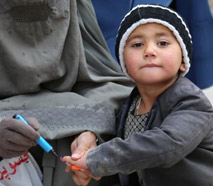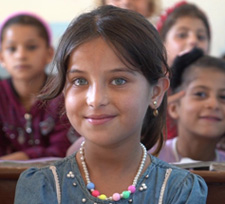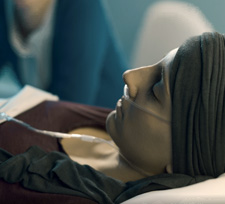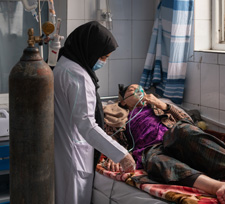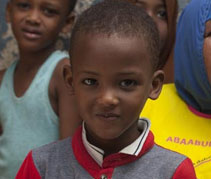
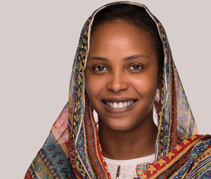
Expanding universal health coverage
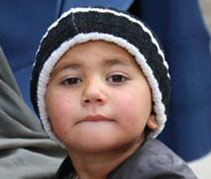
We are a long way from achieving this ambitious goal in the Eastern Mediterranean Region. According to the most recent global monitoring report, Primary health care on the road to universal health coverage, essential health coverage in the Region is significantly lower than in most other WHO regions. Between 2000 and 2017, the UHC service coverage index (SCI), which measures the availability of essential services, increased globally from 45 to 66 out of 100, but our Region lagged behind with a score of less than 60.
Access to health is undermined by critical shortages of human and financial resources in many countries of the Region. There are gaps and weaknesses in health systems, with inadequate integration of services, poor or inconsistent regulation, and too little focus on ensuring quality and patient safety. Meanwhile, action to prevent and control diseases is compromised by prejudice, stigma and lack of information as well as more tangible physical and logistical barriers and the disruption and insecurity caused by humanitarian emergencies.
In 2019, WHO worked with our Member States and partners to tackle these challenges through a huge range of activities.
Strengthening primary health care
Transforming hospitals in the Region
Engaging the private sector
Developing the health workforce
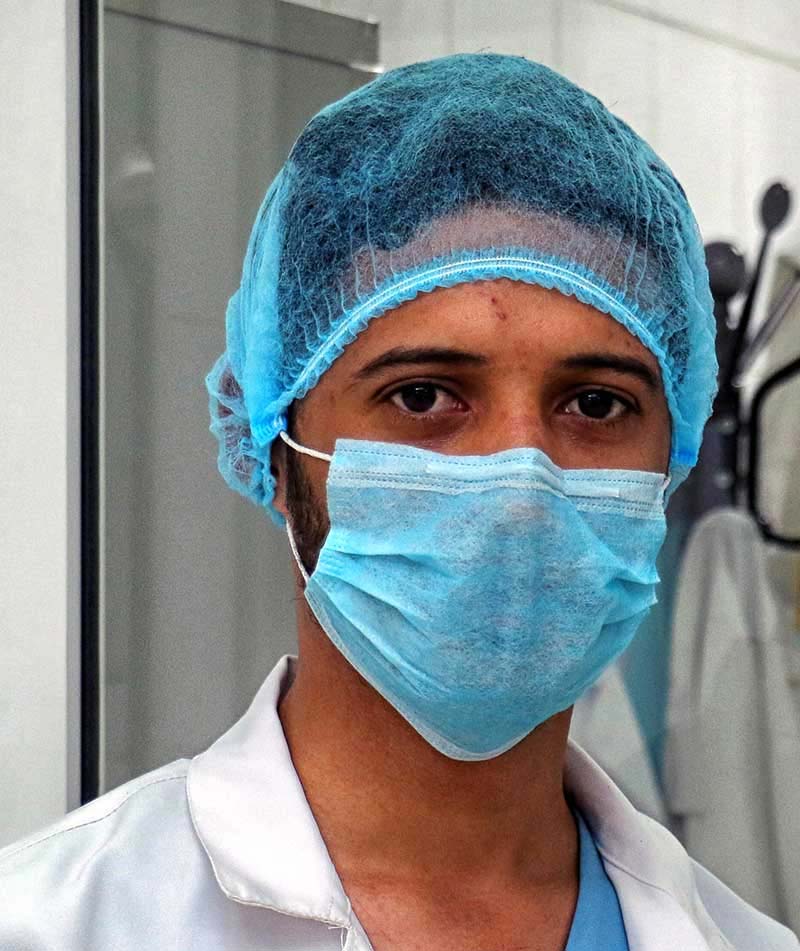
Health systems can only function if health professionals are available where they are needed and have all the right skills and competencies to deliver the required health services. However, there are very significant gaps in the health workforce in the Region at present. Research presented to the Regional Committee in October showed the number of doctors, nurses and midwives per 100 000 population is below the Organisation for Economic Co-operation and Development (OECD) average in all countries of the Region, and also below the Sustainable Development Goals (SDGs) target level in most countries (see Fig. 2).
Efforts to develop the health workforce in the Region in 2019 included a strong focus on nursing and midwifery. The Regional Committee passed resolution EM/RC66/R.3 calling on countries of the Region to develop and implement national strategies and action plans to strengthen the nursing and midwifery workforce, aiming to build momentum ahead of global celebrations of 2020 as the International Year of the Nurse and Midwife. Eight countries in the Region joined the Nursing Now Campaign to raise the profile of the profession.
The resolution stresses the need to ensure that nursing and midwifery training and education emphasizes PHC competencies, and to define and expand nurses’ roles and scopes of practice to maximize their contribution within PHC systems.
Another important initiative to enhance health workforce capacity to deliver PHC was the development of a new qualification to boost doctors’ knowledge of family medicine. WHO collaborated with UNICEF’s Regional Office, the American University in Beirut (AUB) and the World Organization of Family Doctors (WONCA) to create the Regional Professional Family Medicine Diploma as a bridging programme to help reach the regional target of three family physicians per 10 000 people by the year 2030.
Efforts will now turn to helping countries to introduce the programme within their national medical education systems.
Meanwhile, work continued to support countries in addressing their health workforce challenges in a systematic way through well-structured assessments and strategic plans. Progress was made in improving health workforce information and evidence at country and regional levels, and further data were collated through the National Health Workforce Accounts platform. A new health workforce observatory for Palestine was launched.
Ensuring quality and patient safety
Expanding access to medicines and health technologies
Promoting effective health governance
Tackling communicable diseases
Improving immunization programme
Controlling measles and rubella
Strengthening health laboratories
Facilitating access to HIV diagnosis and treatment
Hepatitis elimination in high-burden countries
Ending tuberculosis
Combating malaria and other vector-borne diseases

More countries in the Region achieved or moved closer to malaria elimination in 2019. WHO provided support to the Islamic Republic of Iran and Saudi Arabia so that they could validate elimination. We also supported malaria-free countries in the Region to prevent re- establishment of local malaria transmission, and proper malaria case management and preparation for certification of malaria-free status in Egypt and Oman.
There was also encouraging evidence that detection is improving in those countries where malaria is still endemic. Staff from all three levels of WHO have been coordinating work on this with ministries of health and other partners, including the Global Fund, UNICEF, the United Nations Development Programme (UNDP), the International Organization for Migration (IOM) and academic partners.
Increased access to rapid diagnostic tests (RDTs) at the community and lower health facility level led to an increase in the malaria confirmation rate in endemic countries, particularly Afghanistan and Pakistan. In 2016 fewer than 50% of reported malaria cases were confirmed in Afghanistan; by 2019, the rate had risen to 100%.
Long-term progress and experience in tackling malaria can provide the basis for a strong integrated system for surveillance and control of malaria and other vector-borne diseases. The Regional Office and country offices coordinated support to respond to outbreaks of vector-borne diseases, including dengue fever, chikungunya and leishmaniasis in Afghanistan, Djibouti, Pakistan, Oman, Somalia, Sudan and Yemen. In the Islamic Republic of Iran, support was provided to respond to flood emergencies and prevent vector-borne diseases.
However, additional logistical and technical support is required in countries experiencing unprecedented levels of malaria (for example, Djibouti and Sudan) and other vector-borne diseases, particularly Aedes- borne diseases (Djibouti, Pakistan, Somalia, Sudan and Yemen), due to man-made and/or natural disasters and massive population movement. The response to the malaria outbreak in Djibouti was multisectoral and involved many organizations, particularly UNDP.


